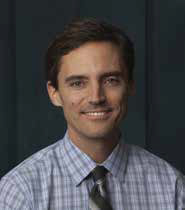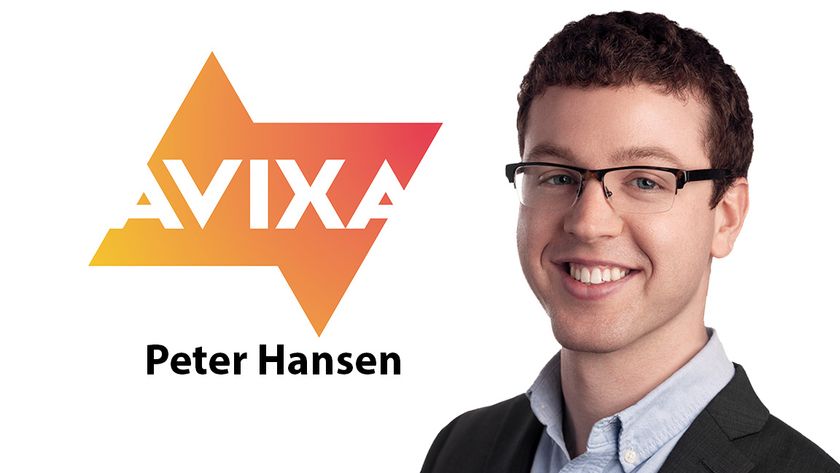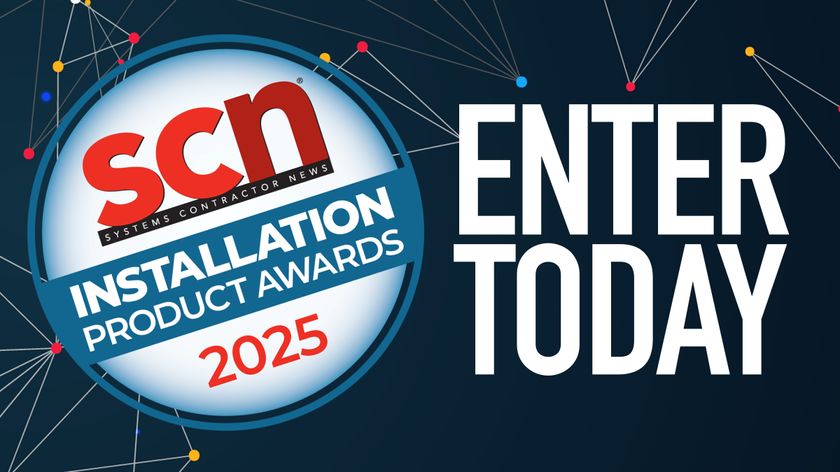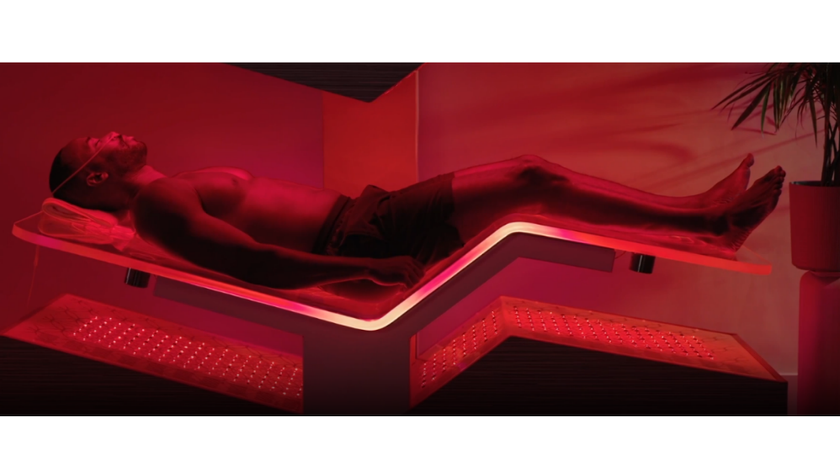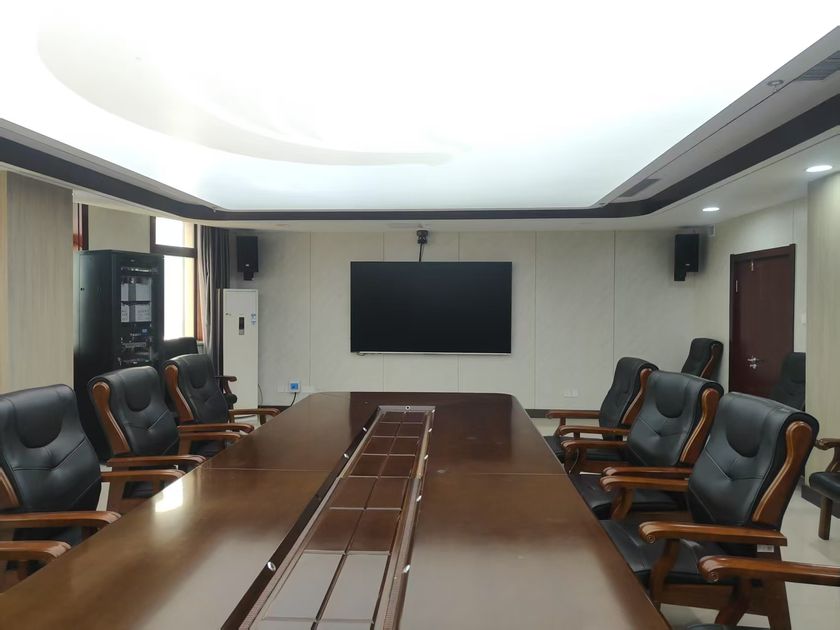Quick Bio
Name: Stephen Kohler
Title: Senior Director, Marketing
Company: Shure Incorporated
Overtime: Outside the office, Kohler has worked to earn his black belt, and said that this accomplishment taught him how to focus in other aspects of his career.
SCN: You started your career at Shure, then left for about six years before returning to the company and dedicating the past 10 years to it. What was it like to more or less step away from the audio industry and then find a more lasting place back where it all began for you?
Stephen Kohler: I stared my career at Shure and got a great foundation in my path to a marketing career. It allowed me to focus on my passion in music and audio. When I left, I went back to get my MBA, which gave me an additional foundation to build my skill set.
I worked in consumer goods with Kraft Foods for some time too, and got the best-in-class experience in marketing and retail marketing. After being there, I worked on the completely opposite spectrum in startup electronics. When I returned to Shure, I was bringing with me the perspective of the best way organizations—a small, medium, large, private or public—operate. I have a unique perspective on how to build a brand with customer loyalty.
SCN: How did you find the storied brand at Shure evolved upon your return, and how have you looked to continue that thread?
SK: When I came back nine years ago, Shure was very much a leader in the microphone segment and well known for their expertise in audio, although we had participated in many other segments. I think if you asked an average customer for one to two words to describe Shure, usually they’ll say microphones or live music.
From the story perspective, Shure is a leader in creating reliable products. Preeminent in wireless solutions, particularly in RF, Shure has introduced solutions like Axient and Microflex. In addition to wireless leadership that helped the brand, Shure focused on other areas, like software and digital networking, especially Dante and AVB platforms.
Stephen Kohler, Shure’s senior director, marketing, is pictured bottom right, along with his heavy metal band “Onyx” in 1988. SCN: How does your experience as a musician and your personal audio preferences guide your vision for Shure’s growth in the AV world?

SK: We talk a lot about this in Shure. I’m so passionate about what I do every day. When I was graduating with my BA, I really had the goal to combine my love of music with a steady paying job that uses my intellectual pursuits. I had been using products from Shure for years before graduating. I had an affinity for the brand and I just love it. My out-of-work passion is a direct match to what I do here every day.
SCN: From your perspective, how has audio technology changed over the past 10 years?
SK: In a word, it’s gotten far more advanced in so many different ways. Audio experience segments, wireless mics, in-ear monitors—the audio capabilities have just come by leaps and bounds. Twenty years ago, talk about the “Holy Grail” of audio was to create a wireless microphone system. I can say that with technology advancements, certainly Shure has helped pioneer where wireless mics or guitar systems are today.
I can also say other characteristics have advanced. Wireless environments today put 100 channels on wireless at once. This wasn’t unthinkable 20 years ago, but it was very challenging. I think these products have exceeded many people’s expectations. The ability to monitor and control has also advanced significantly. It’s incredible to watch that evolve over the years.
SCN: Shure has played a big part in the fight against the FCC taking wireless channels from AV. How should integrators adapt to this, and what does this mean for the future of AV?
SK: I encourage integrators to stay informed and aware of what is happening. They should first regularly check the FCC website. Shure has continued to be at the forefront of the entire process starting in the 2000s when we saw changes occurring. We’re lucky to have well-versed individuals at Shure actively working with the FCC’s key industry groups, and we have a number of resources on this matter.
Secondly, Shure will continue to support our customers and provide info on what is happening in Washington DC, and we’ll bring more solutions. We provide them with a toolkit of products to choose to continue to operate, in order to adapt to the changing RF spectrum. We’ll also continue to do this with future products.
SCN: You hold a first-degree black belt. How does that level of focus and discipline inform your views of the audio industry?
SK: In addition to focus, it’s a level of passion. Whether I got into this industry from music or my love of audio, I’m not doing it for the paycheck. It’s the same with my black belt. The level of focus is certainly related, because on the level of a manufacturer or integrator, you need that level of focus and determination. My black belt gave me the perseverance to push through, no matter how tired or in pain I was. You don’t need a black belt to have that level of focus, but it does help on the business level.
Kelleigh Welch is managing editor of SCN. Follow her on Twitter @kelleighwelch.
